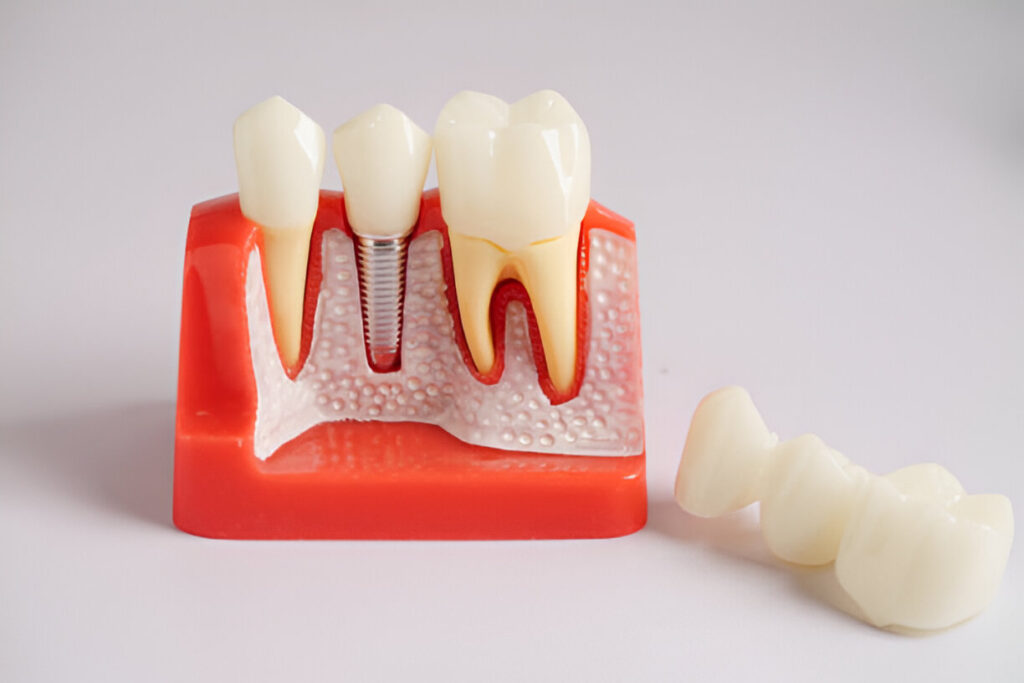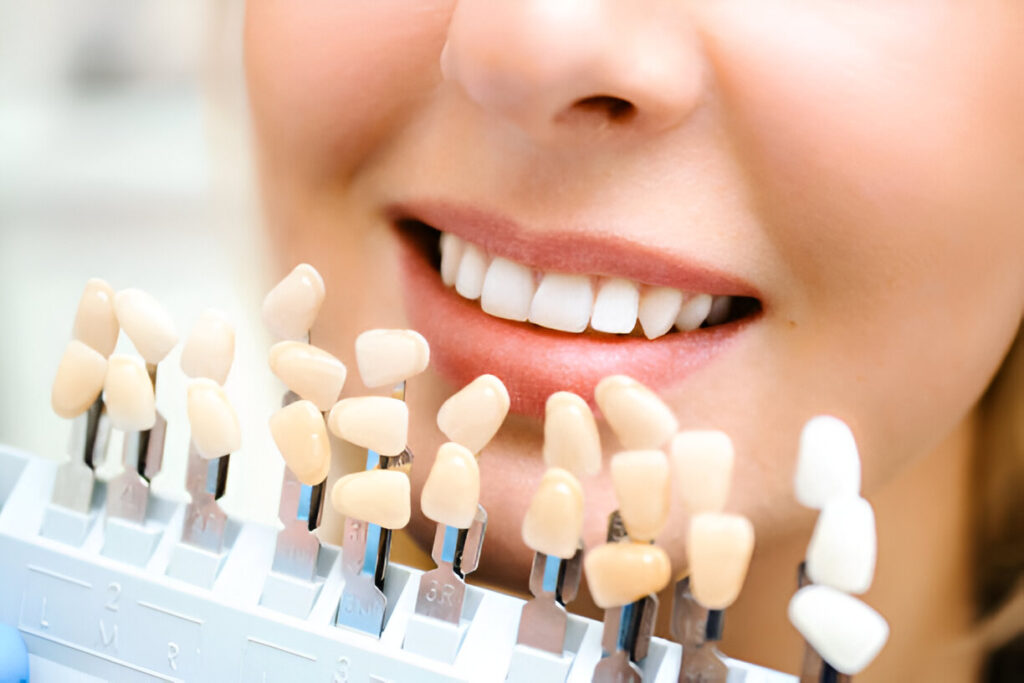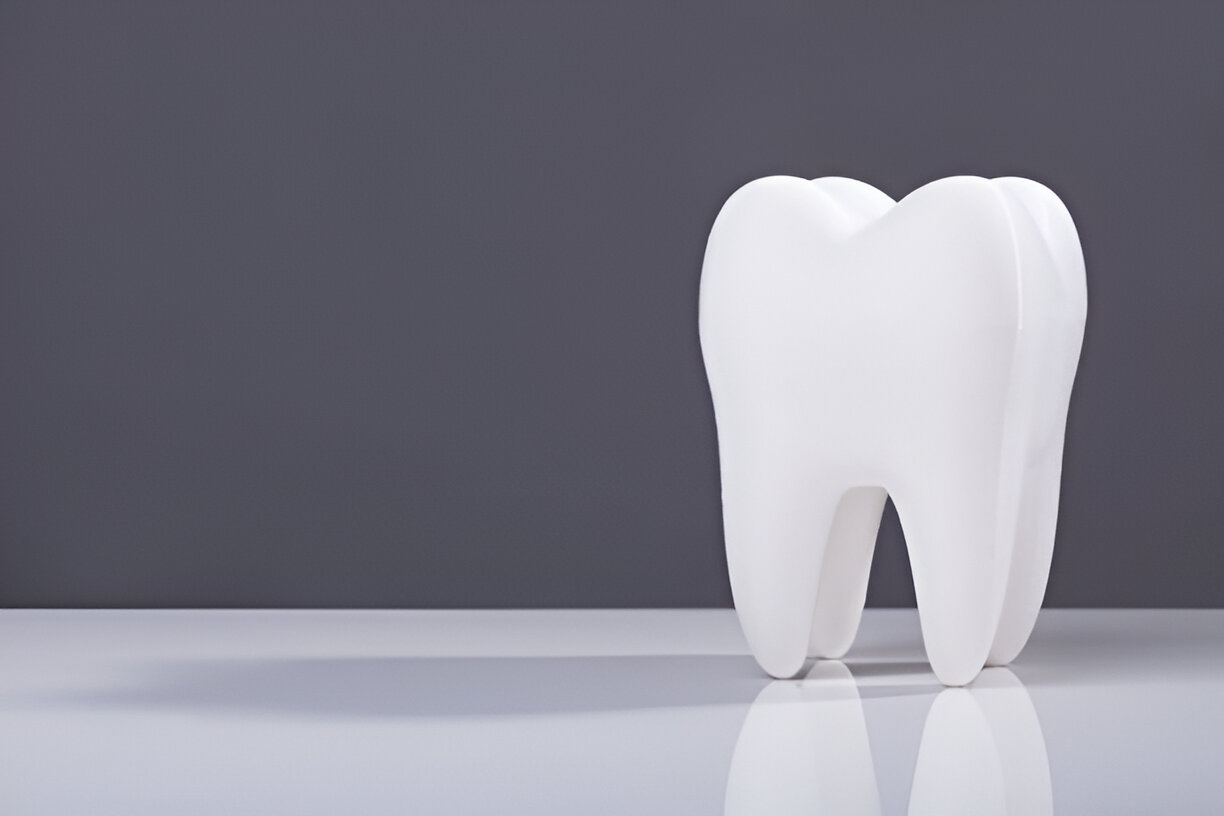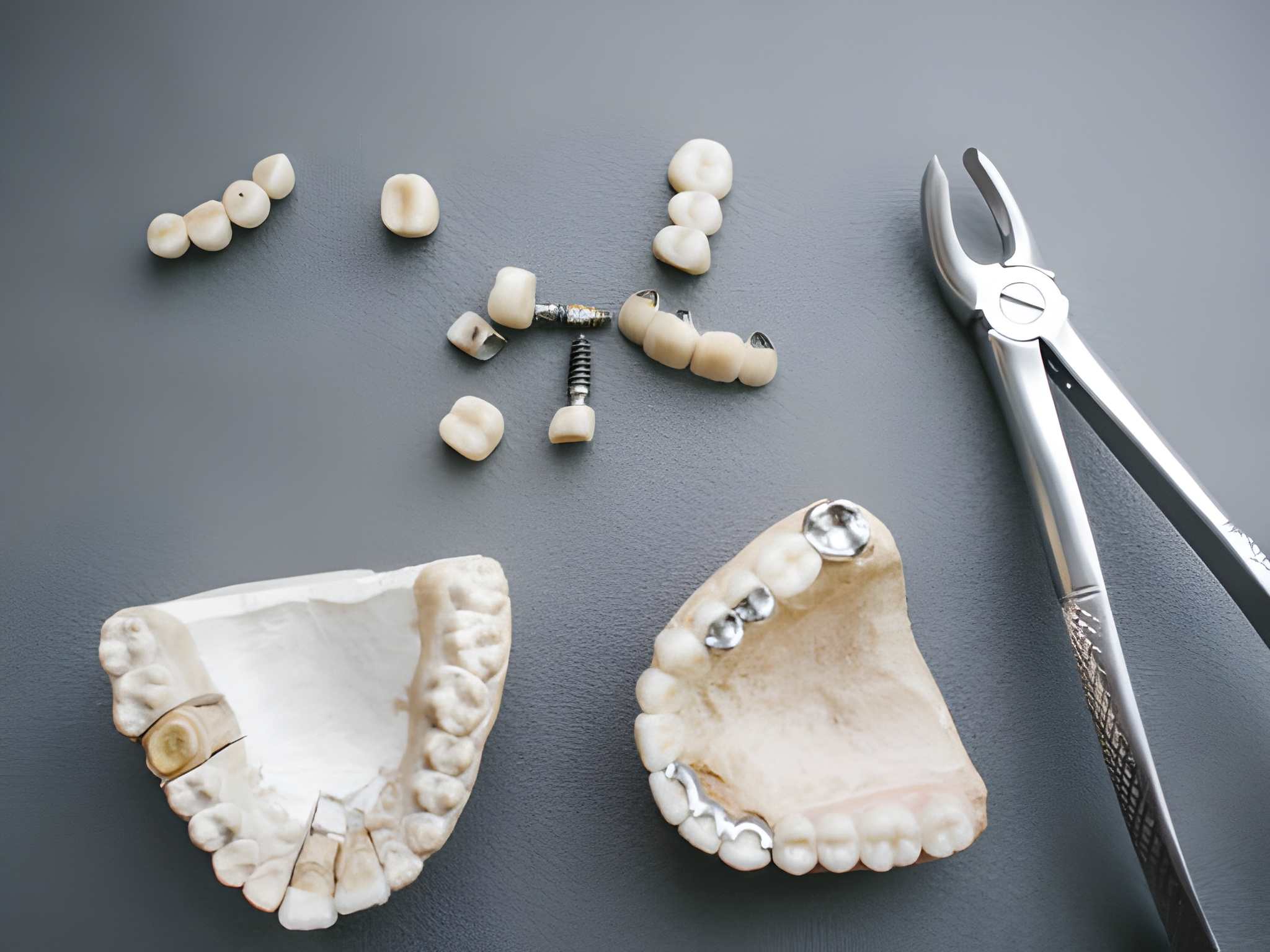Summary:
Losing a tooth can significantly impact both your appearance and oral health. The consequences are more than just cosmetic, from bone loss to shifting teeth. Fortunately, there are practical solutions to restore both function and aesthetics. In this blog, we explore the causes of tooth loss, why it’s crucial to replace missing teeth, and the best options for tooth replacement. Whether you’re looking for dental implants, bridges, or dentures, we’ll break down the choices to help you make an informed decision. Let’s dive into the comprehensive guide to tooth replacement and how North Texas Family & Cosmetic Dentistry in Garland, Texas, can help you regain your smile.

Tooth loss is more than just an inconvenience—it has far-reaching effects on oral health, appearance, and overall quality of life. A single missing tooth can disrupt the balance of your bite, alter your facial structure, and even impact your ability to speak clearly. Thankfully, modern dentistry offers a variety of solutions that can restore your smile, whether you’ve lost one tooth or several. Let’s explore what you need to know about tooth replacement options and how acting quickly can prevent long-term complications.
What Causes Tooth Loss?
Understanding the causes of tooth loss can help in both prevention and treatment. Here are some of the most common reasons why individuals lose teeth:
1. Cavities
Dental cavities, often caused by poor oral hygiene, are a leading cause of tooth loss. If left untreated, they can penetrate deeper layers of the tooth, eventually leading to root damage and the need for extraction.
2. Gum Disease
Periodontitis, a severe form of gum disease, can erode the tissues that hold teeth in place. Over time, this condition can cause teeth to become loose and eventually fall out.
3. Trauma or Accidents
Whether from a sports injury, car accident, or even a simple fall, trauma to the mouth can result in broken or missing teeth. While some fractures can be repaired, extensive damage may require extraction and replacement.
4. Age and Wear
As we age, teeth naturally wear down. This wear can lead to tooth loss for some individuals, especially if they’ve experienced a lifetime of grinding or poor oral care.
Why You Shouldn’t Ignore a Missing Tooth
You might think that losing a back tooth isn’t a big deal, but every missing tooth can trigger a chain reaction of oral health issues. Here’s why:
1. Bone Loss
When you lose a tooth, the bone that once supported it begins to deteriorate. This bone loss can complicate future tooth replacements and lead to changes in your facial appearance, such as a sunken look around the mouth.
2. Shifting Teeth
Your teeth are designed to work together. When one is missing, the surrounding teeth can shift out of alignment, causing bite issues, uneven wear, and further oral health problems.
3. Speech and Chewing Problems
Missing teeth, mainly front teeth, can affect one’s ability to speak clearly and chew food properly. If not addressed, this can lead to digestive issues and malnutrition.
4. Lower Self-Esteem
For many, the most immediate consequence of tooth loss is a drop in confidence. A visible gap in your smile can make social interactions uncomfortable and may lead to self-consciousness about your appearance.
Fun Fact: Did You Know?
Your jawbone begins to shrink within six months after losing a tooth! That’s why dentists recommend quickly replacing missing teeth and preventing bone loss.
Options for Tooth Replacement
Fortunately, modern dentistry offers several solutions for replacing missing teeth. Let’s examine each option and its benefits.

- Dental Implants
The Gold Standard in Tooth Replacement
Dental implants are widely regarded as the most effective and long-lasting solution for replacing missing teeth. They involve placing a titanium post into the jawbone, which acts as a tooth root. Over time, the implant integrates with the bone, providing a solid foundation for a crown that looks and feels like a natural tooth.
Pros:
- Permanent and durable
- Prevents bone loss
- It feels like a natural tooth
- High success rate (around 95%)
Cons:
- Requires surgery
- More expensive upfront
- Longer healing time
- Dental Bridges
A Classic Solution for Filling Gaps
A dental bridge is a more traditional option that uses the teeth adjacent to the missing one as anchors for a replacement tooth. Bridges can effectively restore function and appearance but don’t address the issue of bone loss as implants do.
Pros:
- Less invasive than implants
- Faster recovery
- More affordable upfront
Cons:
- Requires alteration of healthy teeth
- It does not prevent bone loss
- It may need replacement after 10-15 years
- Dentures
A Removable Option for Multiple Missing Teeth
Dentures are removable solutions that can replace several missing teeth at once. Depending on the number of teeth to be replaced, they come in full or partial versions. While modern dentures are more comfortable and natural-looking than ever, they still require regular maintenance.
Pros:
- Affordable
- Non-invasive
- Suitable for multiple missing teeth
Cons:
- May feel uncomfortable or slip
- Needs regular adjustment
- It does not prevent bone loss
Statistics on Tooth Loss
- 69% of adults aged 35 to 44 have lost at least one permanent tooth due to decay or trauma.
- 26% of adults over 74 have lost all their teeth, requiring complete dentures.
- Over 500,000 dental implants are placed annually in the U.S., making it the fastest-growing tooth replacement option.
What Happens If You Don’t Replace a Missing Tooth?
Ignoring a missing tooth can lead to more severe problems in the long run. Here’s what could happen:
1. Bite Collapse
Over time, the teeth around the gap shift, causing a misaligned bite that can lead to jaw pain and further tooth loss.
2. TMJ Disorder
An unbalanced bite can strain your jaw, resulting in temporomandibular joint (TMJ) issues, leading to headaches, jaw clicking, and difficulty opening your mouth.
3. Increased Treatment Costs
The longer you wait, the more complex and expensive the treatment becomes. For example, if too much bone has been lost, bone grafts may be required before placing implants.

Key Takeaways:
- Act Quickly: Replacing a missing tooth promptly can prevent bone loss and other long-term complications.
- Dental Implants: The best option for longevity and maintaining bone health.
- Bridges: A faster and less expensive solution, but may require altering healthy teeth.
- Dentures: Ideal for multiple missing teeth but requires ongoing maintenance.
- See a Dentist: Always consult a professional, like those at North Texas Family & Cosmetic Dentistry, for the best tooth replacement option.
Contact North Texas Family Dentistry
Are you experiencing tooth loss? Don’t wait to restore your smile and oral health! Contact North Texas Family & Cosmetic Dentistry today to discuss your options for tooth replacement in Garland, Texas. Whether you’re interested in dental implants, bridges, or dentures, we have the solution to help you smile with confidence again.





